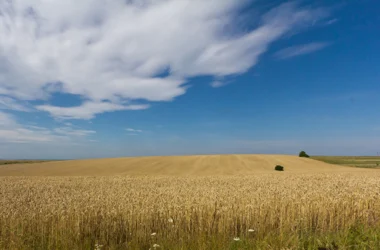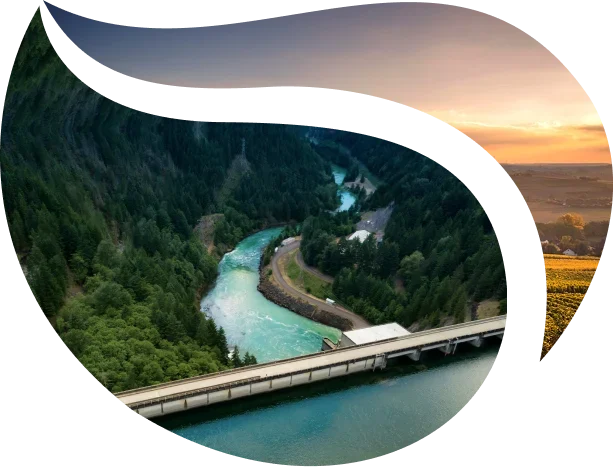
Agricultural systems are extremely sensitive to climatic variability. Deviations from historical patterns of temperature and precipitation cause agricultural areas to shift, affecting crop production cycles and yield, and the proliferation of disease, insect pests, and weeds. Extreme weather patterns, especially drought, pose an increasing risk to food supplies as the planet warms. The consequences of a changing climate will vary from region to region and will be alleviated or exacerbated by each region’s respective social, economic, and political environment.
Global food production is poised to decrease by up to 2% each decade for the remainder of the 21st century. Meanwhile, changing diets and increasing population size may cause food demand to rise by as much as 14% each decade. (IPCC 2014)
Climate change impacts including temperature increases and altered precipitation patterns are already affecting agriculture in the United States. Effects will vary by region but all production systems will be affected, and timely research and response are critical. Elements of sustainable domestic agricultural production include water allocation, crop selection, adjusted production and harvesting strategies, and policies prioritizing resilience.
The international community faces similar issues. The situation is more complicated in some regions because of economic and social pressures. Food shortages can pose humanitarian crises and national security concerns. The impacts of climate change will fall disproportionately on developing countries and could interrupt progress to significantly reduce world hunger. Short-term variability in supply can destabilize food systems in areas particularly vulnerable to hunger and under-nutrition.
RNRF congress delegates discussed the consequences of a changing climate on agricultural production and identified tactics and priorities for sustaining global productivity. The congress featured discussions on domestic and international policies, agronomic and technical solutions, economics, food security, and distribution. It concluded with a discussion of the future of international agricultural and food institutions. The primary goals of this meeting were to identify specific strategies and tactics to sustainably adapt food production to a changing climate and explore the multi-disciplinary and global scale of this challenge.
